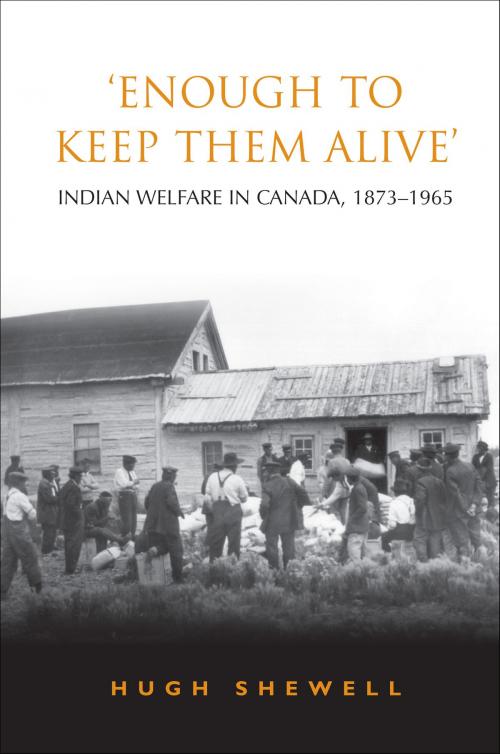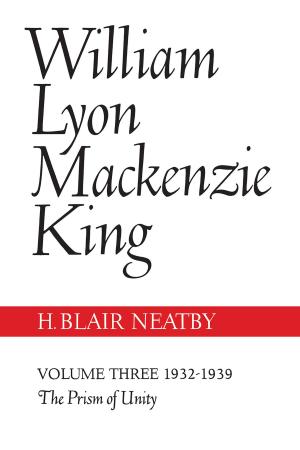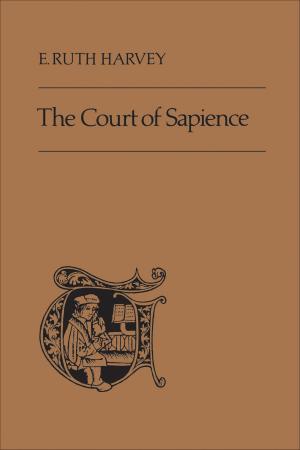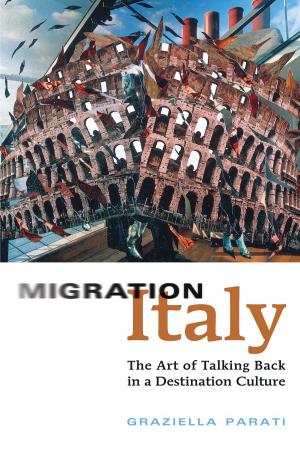'Enough to Keep Them Alive'
Indian Social Welfare in Canada, 1873-1965
Nonfiction, Social & Cultural Studies, Political Science, Politics, Social Services & Welfare, History, Americas, Canada| Author: | Hugh E.Q. Shewell | ISBN: | 9781442659315 |
| Publisher: | University of Toronto Press, Scholarly Publishing Division | Publication: | December 15, 2004 |
| Imprint: | Language: | English |
| Author: | Hugh E.Q. Shewell |
| ISBN: | 9781442659315 |
| Publisher: | University of Toronto Press, Scholarly Publishing Division |
| Publication: | December 15, 2004 |
| Imprint: | |
| Language: | English |
Far from being a measure of progress or humanitarian aid, Indian welfare policy in Canada was used deliberately to oppress and marginalize First Nations peoples and to foster their assimilation into the dominant society. 'Enough to Keep Them Alive' explores the history of the development and administration of social assistance policies on Indian reserves in Canada from confederation to the modern period, demonstrating a continuity of policy with roots in the pre-confederation practices of fur trading companies.
Extensive archival evidence from the Indian Affairs record group at the National Archives of Canada is supplemented for the post-World War Two era by interviews with some of the key federal players. More than just an historical narrative, the book presents a critical analysis with a clear theoretical focus drawing on colonial and post-colonial theory, social theory, and critiques of liberalism and liberal democracy.
Far from being a measure of progress or humanitarian aid, Indian welfare policy in Canada was used deliberately to oppress and marginalize First Nations peoples and to foster their assimilation into the dominant society. 'Enough to Keep Them Alive' explores the history of the development and administration of social assistance policies on Indian reserves in Canada from confederation to the modern period, demonstrating a continuity of policy with roots in the pre-confederation practices of fur trading companies.
Extensive archival evidence from the Indian Affairs record group at the National Archives of Canada is supplemented for the post-World War Two era by interviews with some of the key federal players. More than just an historical narrative, the book presents a critical analysis with a clear theoretical focus drawing on colonial and post-colonial theory, social theory, and critiques of liberalism and liberal democracy.















